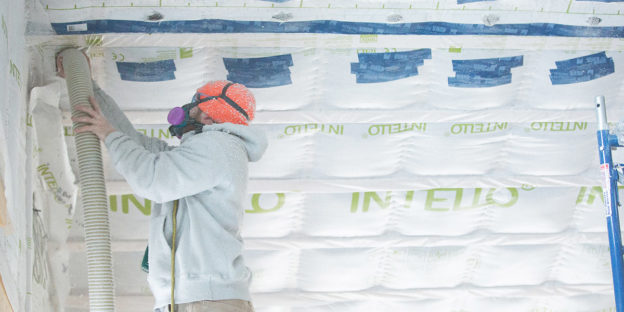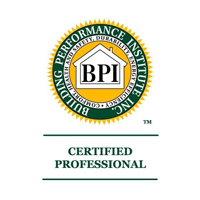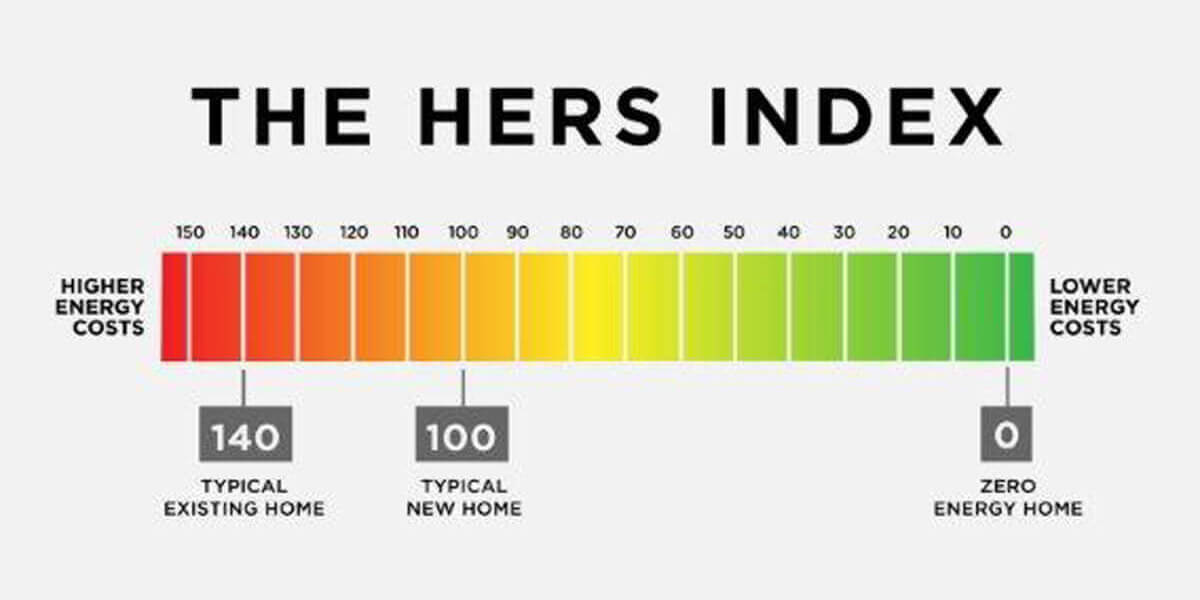It seems like the easiest way to get things done these days is to make a list. We have lists for grocery shopping, lists for a busy day of meetings, and lists of the best lasagna recipes. So, to follow the trend and make things a little easier, here are three simple things that you can do to make a huge difference in your home’s energy bills this winter.
Many homeowners look at the visible solutions in their home. These may include installing energy efficient light bulbs, curtains, and windows. While all of these add to your home’s efficiency, some of the places that will save the most energy are not in plain sight—some of the biggest culprits of energy loss are hiding under you.
1. Moisture in your basement
Many basements are not properly sealed off from the outside environment. Air leakage in basements causes the moisture from outside to enter into your home. The wet air then works its way up into our living space due to the stack effect. While we try to heat our homes in the winter, the outside air leaks into our basements and works its way up to our living areas. Moisture in the air makes it harder to heat our homes, so we waste energy trying to control this damp air. By air sealing the problem spots in your basement, and adding insulation, you can reduce the unwanted moisture in your home.
2. Ventilation in your basement
Vents often lead to intruding air. If your basement is not properly ventilated, air sneaks in from outside. This brings in cold air in the winter and hot air in the summer, which makes it harder to control your home’s temperature.
Seal your home off from the outside environment. Ventilation is necessary, but we want to control the air in our homes. With proper ventilation along with air sealing your home, you can balance air flow with sealed control.
3. Insulation
Many homeowners look past their insulation. If the home already has insulation, why should they be concerned? Homes with moisture in the basement or poor ventilation often have failing insulation. When moisture takes over your basement air, it also seeps into the insulation. Depending on your insulation type, this built up moisture can cause it to be heavy and even moldy.
Properly insulating is necessary to make sure that insulation does its job. Insulation provides a barrier between your sealed home and the outside weather. As you work to prevent the outside air from getting in, make sure that you are not just looking at the small fixes. The bigger upgrades provide long-term energy efficiency and offer a great sealed home for your new energy efficient light bulbs.
















